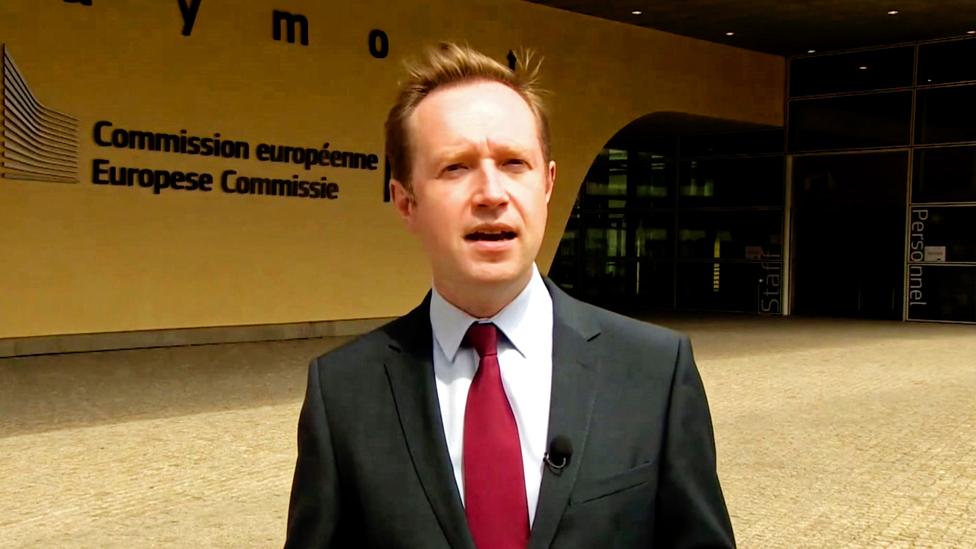Brexit: Corbyn seeks clarity on 'unconstitutional' election-time no-deal
- Published
- comments
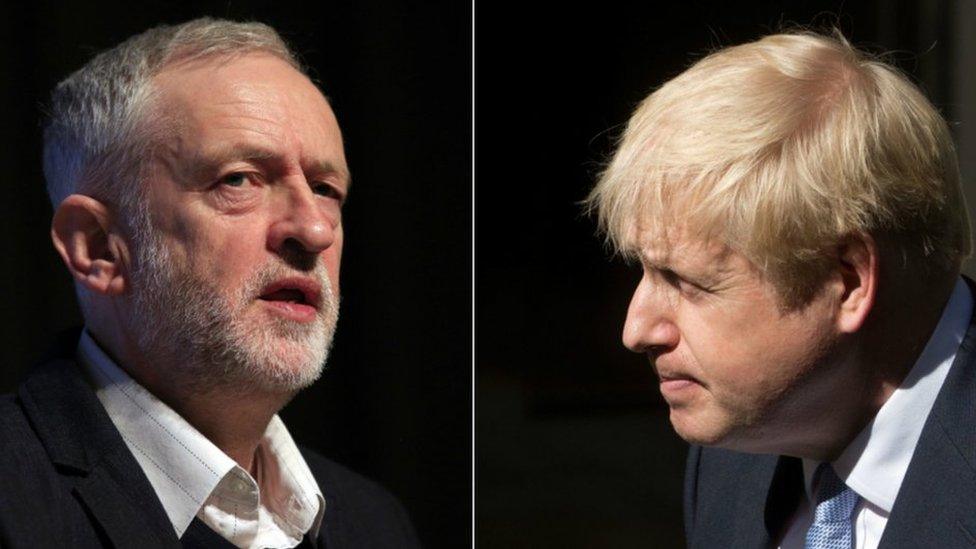
Jeremy Corbyn has urged the UK's most senior civil servant to intervene to prevent a no-deal Brexit happening during a general election campaign.
The Labour leader is concerned that the UK could leave the EU on 31 October, while a campaign is ongoing and before a new government is elected.
He has written to Cabinet Secretary Sir Mark Sedwill saying such a move would be an "anti-democratic abuse of power".
It comes amid speculation MPs will table a no-confidence motion in the PM.
It is thought opposition MPs could propose the vote in a bid to prevent the UK leaving the EU with no deal - leading to a general election being called.
Mr Johnson has a working majority in Parliament of just one.
The UK will leave the EU on 31 October with or without a deal unless Article 50 is extended or revoked.
Mr Corbyn said his party would propose a no-confidence vote at an "appropriate" time after the Commons returned from its summer recess on 3 September.
Election rules say Parliament should be dissolved 25 working days before polling day - so some people are concerned Mr Johnson could allow a no-deal Brexit to happen while MPs are not sitting.
Speaking on Friday, Chancellor Sajid Javid told the BBC: "I'm not speculating on votes of no confidence".
He added that the next general election should take place in 2022 - when it is currently scheduled to take place under UK law.
What happens if the PM loses?
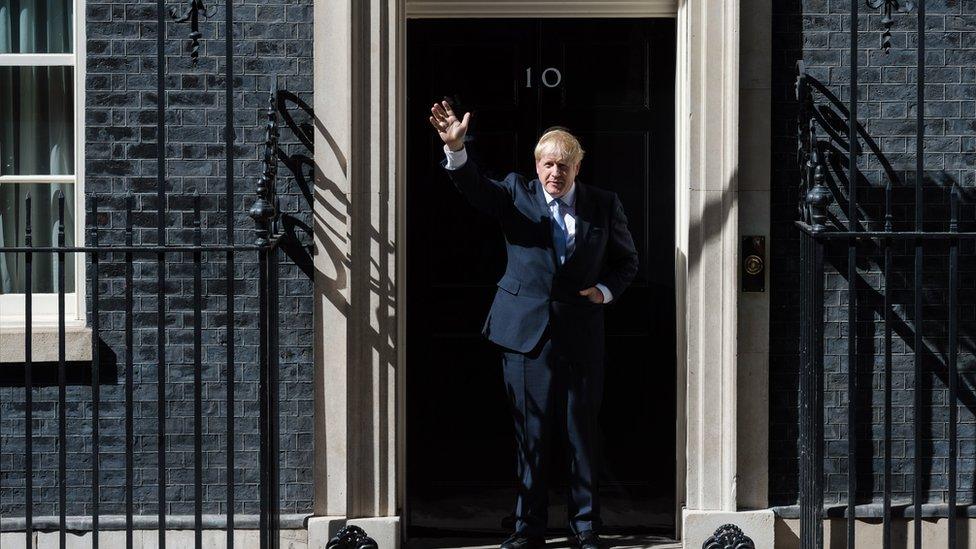
If the PM loses the motion of no-confidence, then under the Fixed Term Parliaments Act he would have another 14 days to win a vote of confidence.
If he failed to win such a vote, then a general election would be called on a date advised on by the PM.
However, if another candidate could secure the confidence of the Commons, Mr Johnson would be expected to resign and recommend the Queen appoint that person in his place.
This could in theory lead to a temporary cross-party government, whose main aim could be to request an extension from the EU and organise an election in the meantime.
Lib Dem business spokesman Chuka Umunna said his party was willing to discuss with other parties how a no-deal Brexit might be avoided.
However he said it "isn't a runner" to expect that Mr Corbyn could lead an interim administration, predicting he would fail to muster the required number of MPs to support him.
"He cannot command a majority among his own MPs, never mind others like Conservative rebels," he told BBC Radio 4's Today programme.
"Labour's priority is a Labour government, it isn't to stop Brexit," he added.
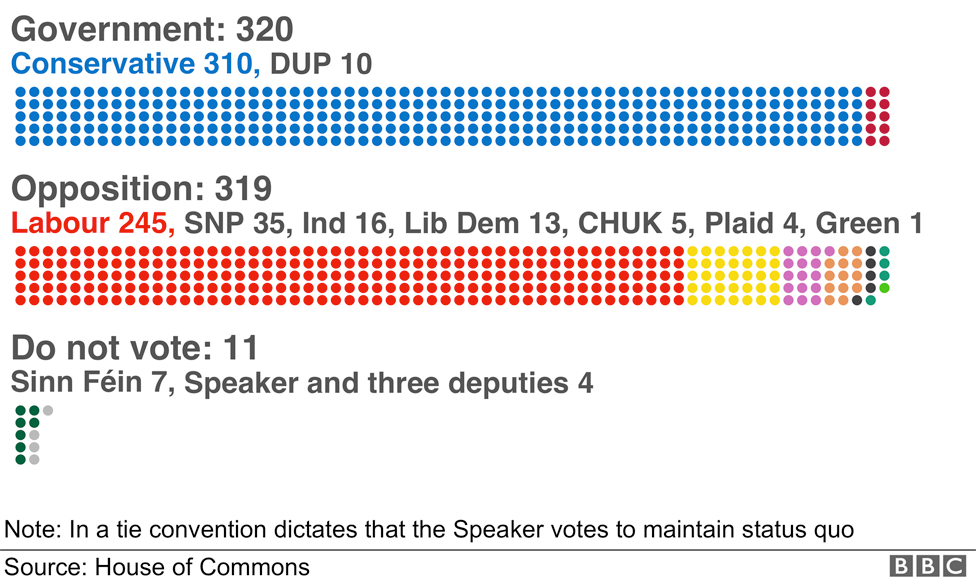
The make-up of the House of Commons
What does the government say?
On Thursday, Mr Johnson was asked whether he would resign if he lost a no-confidence vote. He responded that MPs should "honour the mandate of the people " by leaving the EU.
Mr Johnson's senior adviser, Dominic Cummings, has reportedly told MPs that losing a no-confidence vote would not stop the prime minister taking the UK out of the EU by the October 31 deadline.
The Sunday Telegraph, external reported that he said Mr Johnson could call an election to fall after 31 October, by which time Britain would have left.
Brexiteers say Britain's departure from the EU is already set, with Parliament having consented to Brexit when it triggered negotiations under Article 50 and passed legislation thereafter to set the deadline of 31 October.
A senior Conservative source accused Jeremy Corbyn of wanting to ignore the result of the 2016 referendum.
"No amount of letter-writing political stunts will change the fact that politicians don't get to choose which public votes they respect," the source added.
No-deal Brexit: How might it affect the EU?
Meanwhile, the government has announced a one-year spending review to give government departments "financial certainty" as they prepare for Brexit.
Chancellor Sajid Javid said a "fast-tracked" spending round for 2020-21 would "clear the ground ahead of Brexit while delivering on people's priorities".
An 'unprecedented' move
In his letter to Sir Mark, external, Mr Corbyn called the possibility of calling a general election to fall after Brexit had happened "unprecedented" and "unconstitutional".
He referred to the Cabinet Office's election "purdah" guidance - which states that policy decisions on which a new government "might be expected to want to take a different view" should be postponed until after the election.
Mr Corbyn added that a Labour government would never support a no-deal Brexit, and so would "want the opportunity to take a different view".
He called on Sir Mark to rule that if the UK was due to leave the EU with no deal during an election, the government should seek another time-limited extension to Article 50.
"Forcing through no-deal against a decision of Parliament, and denying the choice to the voters in a general election already under way, would be an unprecedented, unconstitutional and anti-democratic abuse of power by a prime minister elected not by the public but by a small number of unrepresentative Conservative Party members," he wrote.
A Cabinet Office spokeswoman said Sir Mark would respond to Mr Corbyn's letter "in due course".
Analysis
By Peter Saull, political correspondent
In the period before elections there are restrictions on what civil servants can and can't do.
The idea is to stop what is, effectively, a caretaker government from implementing decisions that the next government might disagree with.
Downing Street would probably argue that those rules don't apply to Brexit.
The UK's withdrawal from the EU has been the legal default since MPs voted to trigger Article 50 in March 2017.
Nevertheless, purdah rules could limit the government's ability to make last-minute preparations for a no-deal departure.
Ministers would not, for example, be able to instruct civil servants to start a new public information campaign.
Of course, all of this is uncharted territory and no-one knows for sure quite how it will all pan out.

- Published3 September 2019
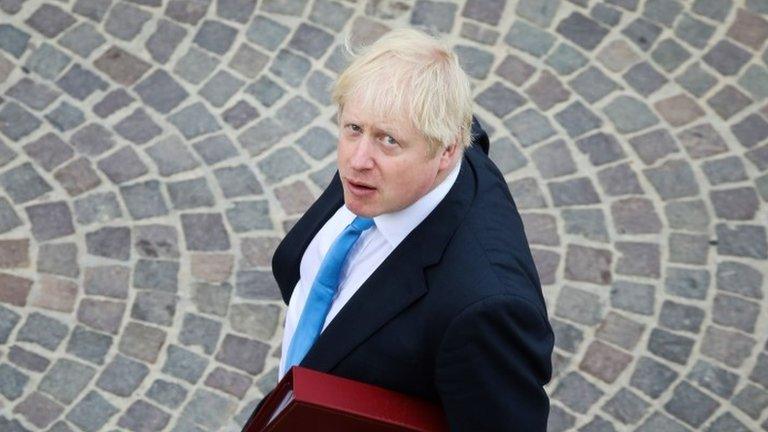
- Published8 August 2019
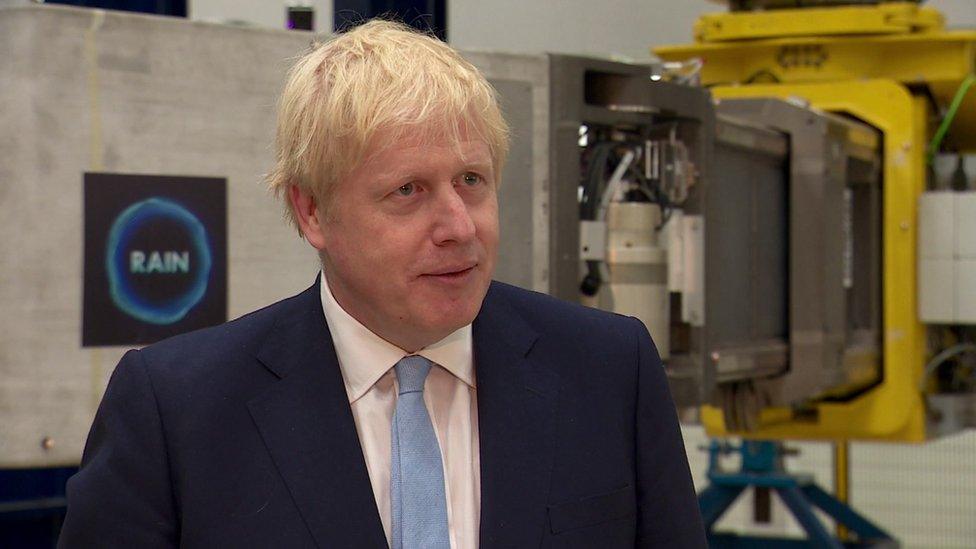
- Published13 December 2020
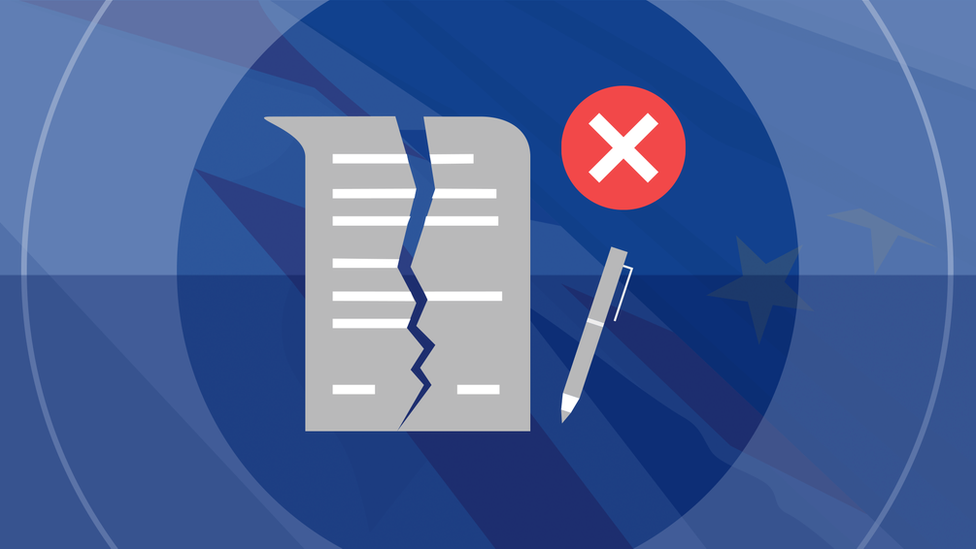
- Published7 August 2019
